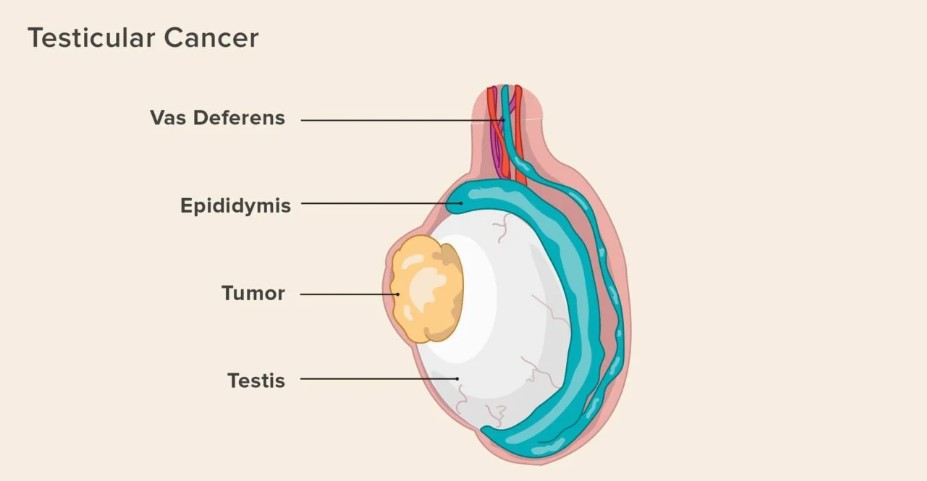Investigating the Effects of Testicular Cancer and Cancer Treatments on Fertility and Actions to Preserve Your Reproductive Health

Testicular cancer and its treatments have been shown to have negative impacts on fertility. A 2018 research review revealed that 6% to 24% of individuals with testicular cancer produce no sperm, while approximately 50% have lower than normal sperm counts. In addition, cancer treatments may further decrease the ability to conceive by around 30%, and it is impossible to predict who will produce no sperm after treatment.
However, there are many other factors that can affect fertility after testicular cancer, including age, precancer fertility levels, and overall health. Age can increase the likelihood of developing erectile dysfunction or other health concerns that affect ejaculation, and drops in testosterone and testicular volume can also occur with age and health conditions that are more common in older adults.
Moreover, it is important to consider other health concerns beyond cancer that can affect fertility, such as diabetes, pituitary disorders, certain infections like mumps, hormone imbalances, thyroid disorders, undescended testicles, varicoceles, cystic fibrosis, obesity, hypertension, smoking, or substance use disorders.
When it comes to preserving fertility, it is recommended to begin discussions about fertility preservation at the time of testicular cancer diagnosis. Sperm banking is a common option, especially if the cancer develops before considering reproduction. However, about 70% of people with testicular cancer offered sperm banking at the time of diagnosis decline due to a combination of factors like cost, timing, and shock over their diagnosis.
It is critical for medical professionals to discuss fertility preservation options with patients before beginning cancer treatment. Shockingly, less than 50% of medical professionals treating testicular cancer talk to their patients about fertility preservation before treatment.
In conclusion, it is important to take action and discuss fertility preservation options at the time of testicular cancer diagnosis to maximize the chances of preserving reproductive health. As stated by a medical professional, “The key is to have an open conversation about fertility early on, so patients can make informed decisions about their reproductive options.”


